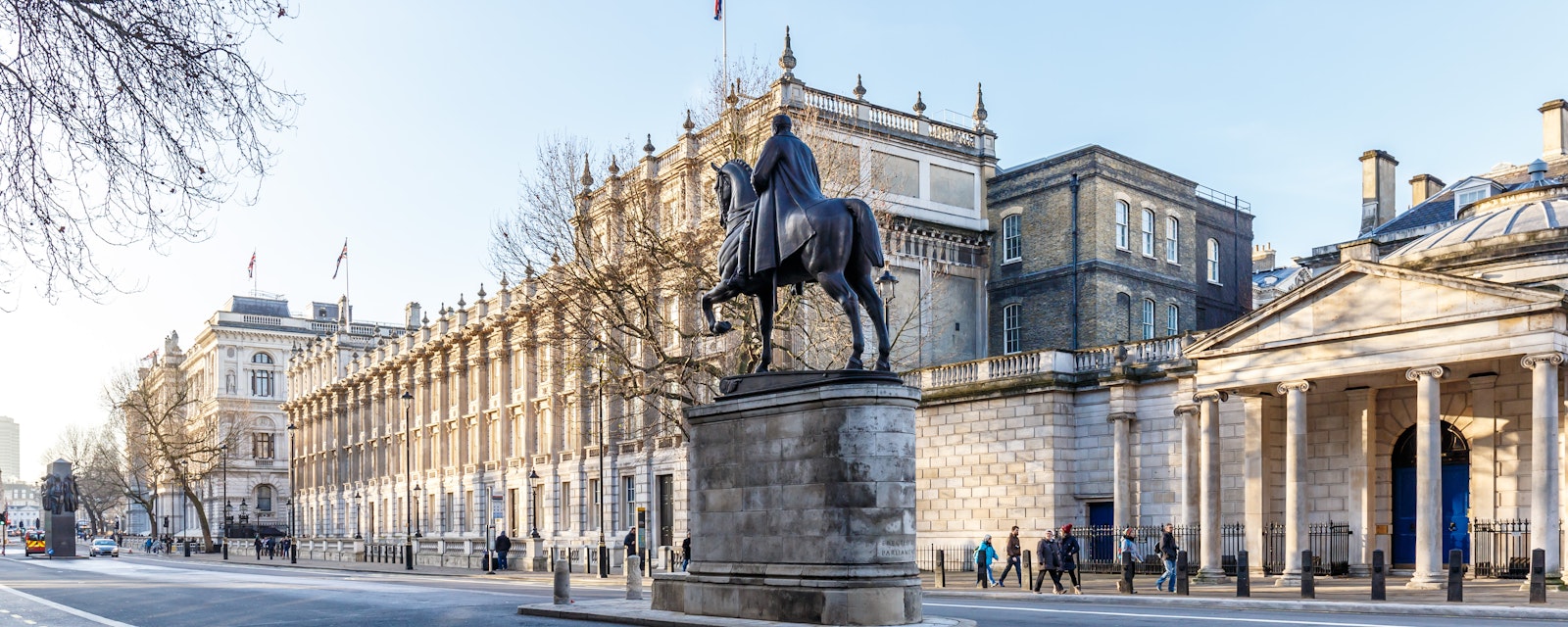After last week’s market rout and amid growing opposition from within the Conservative Party, the government has been forced into a U-turn on its plan for a tax cut for the highest earners. This follows the realization at the beginning of the current Tory conference that PM Liz Truss would simply not have the numbers among her own MPs to pass the necessary legislation in the Commons.
In being forced into a climbdown at this early stage of her premiership, much has become clear about the political predicament facing Truss and her government in the runup to a general election. As discussed during the summer, Truss was elected by merely 81,000 Conservative members, but has drastically altered the direction of fiscal and economic policy for the entire UK – in defiance of the government’s own manifesto commitments made in 2019. In conjunction with last week’s market rout, the response from the Conservative backbenches has been extremely negative, exposing Truss’s key weakness as a PM without either a mandate from the electorate for her or her policies, and with doubts now hanging over the confidence of the Tory parliamentary party.
With a budget scheduled for 23 November and the government publicly insisting that it will stick to its plan of cutting taxes and regulations and rolling back the state to provoke growth, UK fiscal policy remains highly unpredictable. While the rhetoric is unlikely to change in advance of the budget, the government will grow increasingly wary of unrest on its backbenches (and, relatedly, more turmoil in the markets) and could yet alter course towards a more moderate approach. Yet, in terms of fiscal substance (not mere political symbolism), the U-turn on the top income tax rate is estimated to yield not much more than GBP 2bn.
Therefore, the signpost to watch is whether the tax cut reversal will turn out to have been an isolated concession or merely the beginning of a larger readjustment. The question is whether the government’s U-turn has appeased or emboldened moderate MPs – most of whom did not vote for Truss, but for Rishi Sunak who had opposed to tax cuts. The government’s change of plans on the top income tax rate suggests that market pressure can force the government to correct its policies, but the overall result might still be continued uncertainty. Politically, Truss might feel obliged to continue and try to sound out how far she can go to please her small-state, liberal-Leaver followership in the Tory membership without upsetting markets (and her own more moderate backbenchers as well as Red Wall Tories) too much.
For now, Truss insists that she has confidence in her chancellor and that she stands by her approach of deregulation, limiting the auspices of the state and cutting taxes for people and businesses in a bid to grow the economy. But with the opposition surging ahead in the polls, if Truss’s approach fails to abate the cost-of-living crisis, redistribute wealth to poorer parts of the country, or invest in the communities which turned to the Conservatives after decades of Labour hegemony in 2019, the government’s approach is likely to cost the Conservatives power. What might save Truss from more immediate attempts to remove her from office (at least for now) is the structural nature of the internal Tory rifts between anti-state liberals, working-class nationalists, and center-right moderates.




